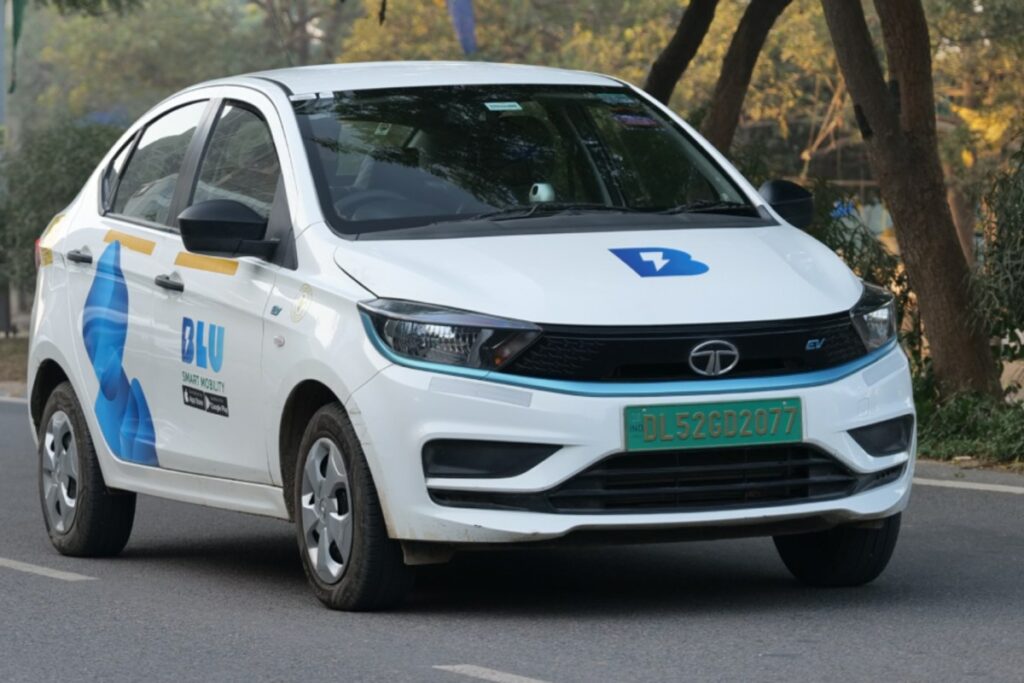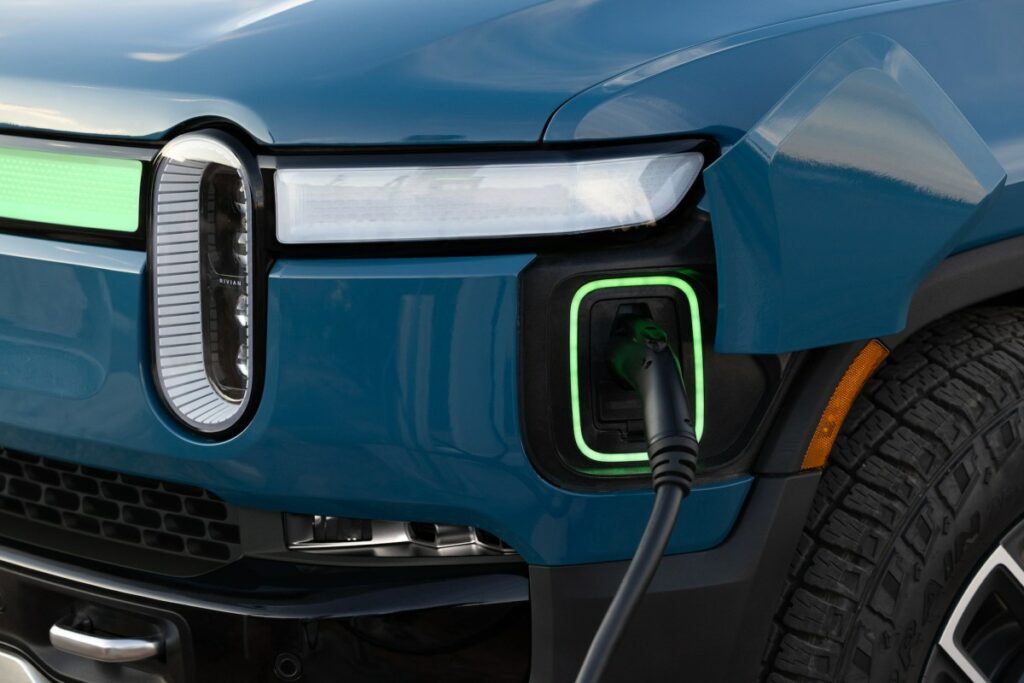India’s market regulator launched a probe Tuesday into Gensol Engineering after finding alleged misuse of electric vehicle loans. BluSmart, a ride-hailing startup connected to Gensol that was once seen as an emerging Uber rival in the South Asian market, has also been swept up into the investigation.
The Securities and Exchange Board of India (SEBI) barred Gensol Engineering’s founders, Anmol Singh Jaggi and Puneet Singh Jaggi, from holding key positions in the public-listed company and participating in the securities market while the agency investigates. The Jaggi brothers also co-founded BluSmart Mobility.
Anmol Singh Jaggi told TechCrunch the company was “fully cooperating” with the Indian regulator and is “putting together all the necessary documents and facts to clarify.”
“This is just an interim step, not a final decision, and I’m confident that once everything’s reviewed properly, our position will be clear. We’ve always believed in doing things responsibly, and that won’t change,” Jaggi said.
In its interim order, the regulator accused the Jaggi brothers of redirecting substantial loan amounts for personal use, including buying luxury real estate on the outskirts of India’s capital.
The regulator said Gensol Engineering availed term loans of 9.78 billion Indian rupees (around $114 million) from the state-owned Indian Renewable Energy Development Agency and Power Finance Corporation. Of that, 6.63 billion rupees were set for purchasing 6,400 EVs to lease to BluSmart. However, the company acquired only 4,704 EVs for 5.68 billion rupees, the regulator noted in its order (PDF).
“Some of these funds were then used for purposes unrelated to the purpose/objective of the sanctioned term loans, which included (i) personal expenses of the promoter, including purchase of high-end real estate; (ii) benefit to the private promoter entities/transfer of funds to promoters’ close relatives; etc.,” the regulator said.
Gensol previously denied the alleged defaulting on debt payments. However, the regulator has cited information from the lenders and said there were “multiple instances of default” by the Gujarat-headquartered company.
“The promoters were running a listed public company as if it were a proprietary firm,” the regulator alleged in the order.
The order comes over a month after credit-rating agencies downgraded Gensol, raising concerns over the delays in the company’s debt servicing and corporate governance practices.
Meanwhile, BluSmart, a Gensol customer and the entity sharing its co-founders, is struggling due to mounting cash burns and a lack of external capital. The startup shut down its service in Dubai, which was launched last year, and is currently exploring ways to sustain its business in India, which spans Delhi-NCR, Bengaluru, and Mumbai.
The ride-hailing startup planned to pivot into a fleet partner for its arch-rival Uber, the Indian newspaper Economic Times reported earlier this week, citing people familiar with the developments.
Founded in late 2018 as Gensol Mobility, BluSmart started as an Uber fleet operator. However, the startup emerged as an all-EV rival to Uber after starting its standalone operations before the COVID-19 pandemic.
BluSmart raised $25 million in January 2024 to boost its EV charging stations from Switzerland-based impact fund ResponsAbility. Later that year, the company was reportedly in talks to raise up to $100 million, but that funding never materialized.
The Gurugram-based startup has raised more than $486 million in total funding, per Crunchbase. It counts BP Ventures and Mayfield India Fund among its early investors.
Last year, BluSmart had a fleet of 6,000 EVs, including around 180 ZS SUVs from MG Motor and the remaining batch made up of Tata Tigor sedans. The startup planned to increase its fleet size to 10,000 EVs by year-end, but it did not reach the target.
Jaggi did not answer what measures they are taking specifically for BluSmart.
Gensol Engineering’s stock tumbled more than 83%, last trading at 129 rupees shortly before the market closed on Tuesday.


